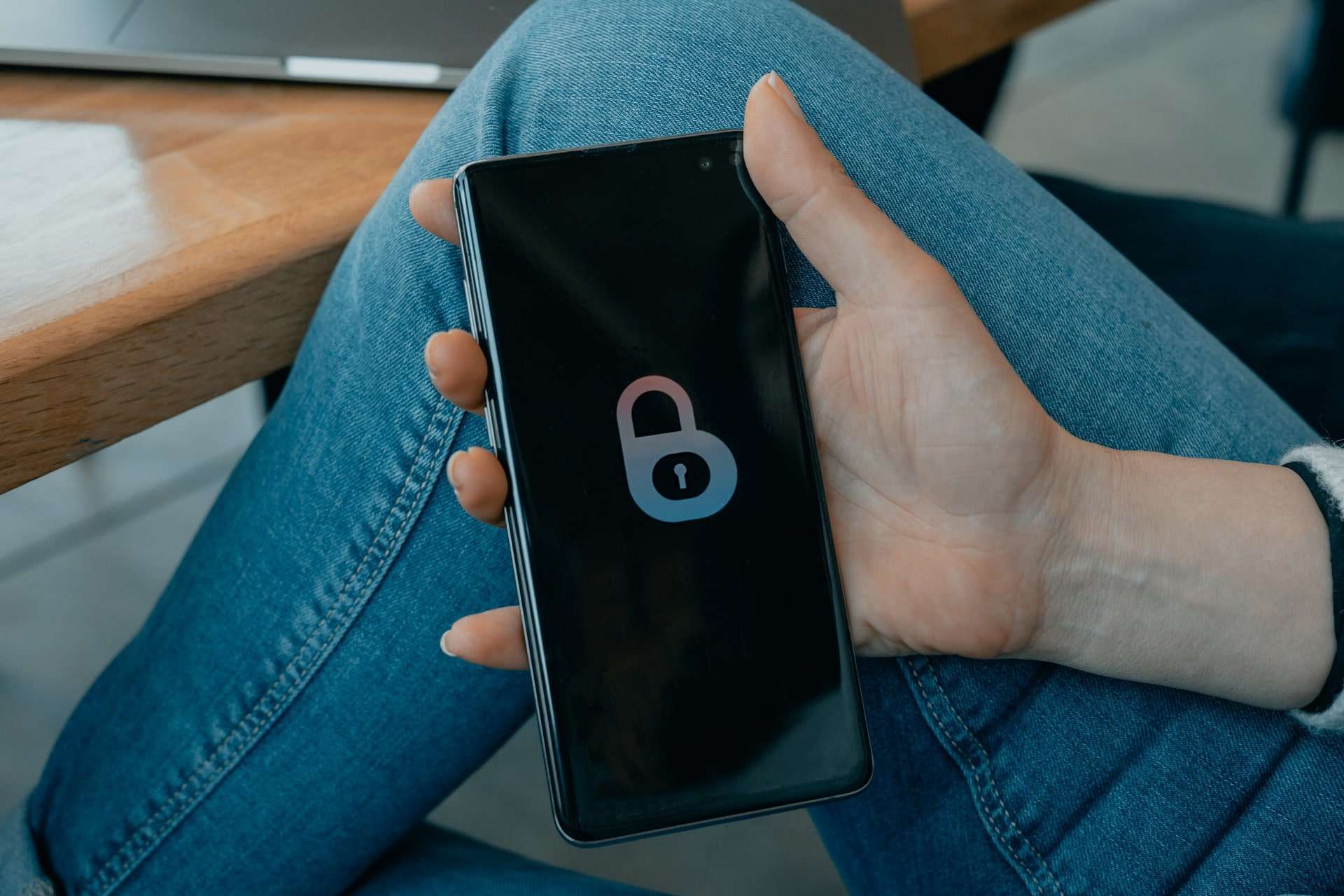Hot Topics
Why should you be eating Organic ?
Most of us have, at some point, considered what we would do if we could…
Hot Topics

Checkout my recommended gadgets
Subscribe and get 15% OFF.
Don’t Miss
Truth About Beauty In 3 Little Words
Most of us have, at some point, considered what we would do if we could travel back in time. Maybe…
Associated with online buying, which is an issue.
Most of us have, at some point, considered what we would do if we could travel back in time. Maybe…
How to Acquire a Job as a Costume Designer in Hollywood.
Most of us have, at some point, considered what we would do if we could travel back in time. Maybe…
Elephants in a Sri Lankan dump are dying from eating plastic rubbish.
Most of us have, at some point, considered what we would do if we could travel back in time. Maybe…
Rucor is supposedly going to stop creating… well, everything.
Most of us have, at some point, considered what we would do if we could travel back in time. Maybe…
Load More
























